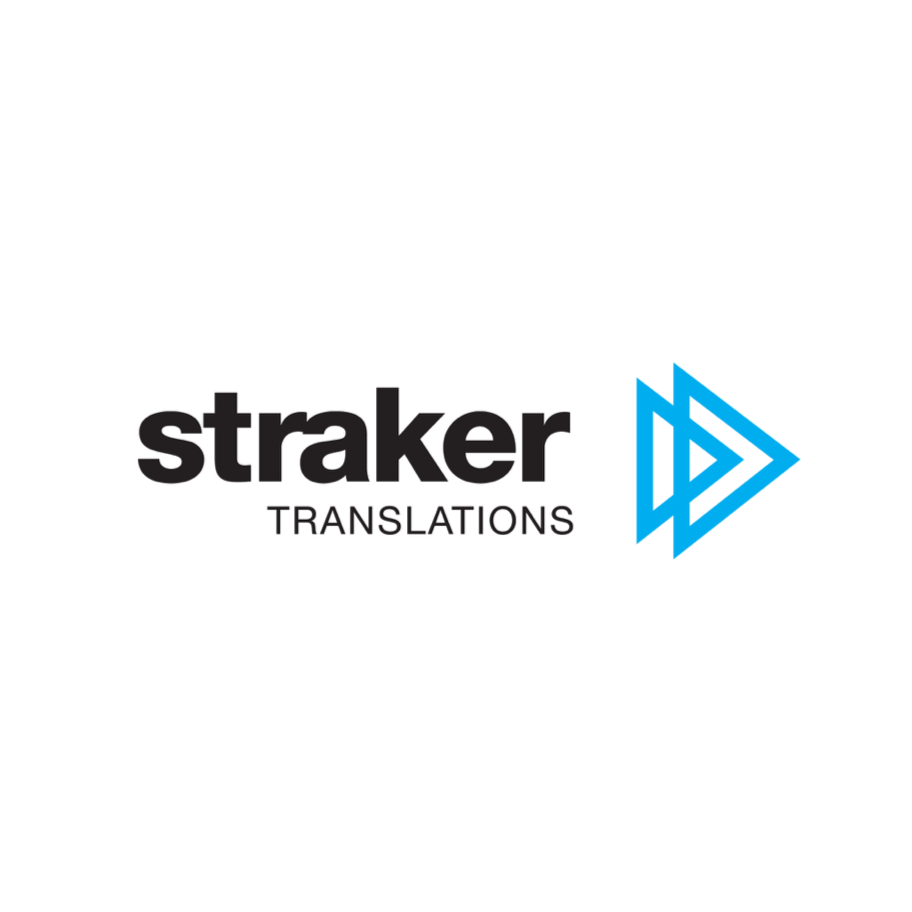
NZ Herald: NZ’s Straker Translations gains Nike, Oracle, Salesforce as customers as it buys US rival Lingotek
Straker Translations' ASX shares closed up 2 per cent to A$1.65 on Thursday on news the Auckland-based software company had bought a US rival, Lingotek, in an $9.1 million cash and scrip deal that could rise to $13.5m with earn outs.
While Straker has bought no fewer than eight of its translation software peers since 2016, most have been small potatoes.
The Lingotek deal, set to close on February 1, will be easily its largest, boosting its total revenue by a third.
In the year to December 31, 2020, the Utah-based Lingotek generated US$7.9m ($11.2m) in revenue from a roster of 20 global clients including Nike, Oracle and Salesforce (last seen in NZ's vaccination race).
Some 40 per cent of Lingotek's revenue is generated by cloud-based subscriptions.
The acquisition is expected to be ebitda break-even in FY2022 (Lingotek will only contribute to two months' of Straker's 2021 financial year).
On November 26, Straker Translations reported break-even FY2021 operating earnings on first-half revenue that rose 10 per cent to 14.8m and said it was on track for full-year revenue of around $30m. Cash and equivalents were $7.7m from the year-ago $13.9m.
Straker Translations does not give forecasts.
Co-founder Grant Straker - once regarded by his Westie mates as most likely to be arrested - told the Herald overnight that another recent deal - for Straker to expand its collaboration with long-time partner IBM - would also contribute a "significant upswing" in FY2022 revenue.
What "significant" translates to in dollar terms, he won't say. Straker doesn't do forecasts and despite the entrepreneur offering to open his door, no analysts are following his company. (In November, at the time of the IBM deal, Jarden chief executive James Lee told the Herald it was nothing personal. It was simply that wealth management firms tended not to track companies with a market cap beneath $100m. Straker's market cap is around A$88m or $90.5m).
Straker said the ongoing pandemic was "Good for tech players with global scale, but not so good for many of the smaller operators or anyone with large exposure to travel and tourism."
His own company took $316,332 in Covid wage subsidies for 45 staff, but the November boost from the IBM deal saw Straker advertising for 40 new positions and the Lingotek deal will bring 51 more staff onboard.
Like Straker, Lingotek has crowdsourced humans to complement the work of its AI translation (the Utah company has some 5000 linguists on its books to Straker's 13,000). The review by culturally-aware humans gives his company an edge over the likes of the free Google Translate, in Grant Straker's view.
But apart from its blue-chip roster, Straker was also attracted to Lingotek for its "connector" technology that helps its translations systems automatically integrate with services offered by the likes of Adobe, WordPress and the popular open source website content management software Drupal, as well as the aforementioned Oracle and Salesforce (Nike uses Lingotek's platform for managing and processing translations internally, Straker says).
The Lingotek deal is being funded, in part, by a new $8m debt facility that will be fully drawn when the takeover is completed.
A Straker ASX filing says the debt facility is in two tranches, both maturing in 12-months: $6.5m from "a syndicate of high net worth individuals" at an interest rate of 10 per cent per annum, and $1.5m from an entity associated with director Steve Donovan at 11.5 per cent
Straker Translations shares have rebounded strongly since they hit 0.55c after hitting a Covid trough in March.
But the Lingotek sale price - representing around 0.8x revenue - indicates the sector is still hard graft.
While those after free translation will usually hit a single destination (Google), the paid translation services market remains hugely fragmented, with a small army of players.
Straker told the Herald more deals were possible.
"It's a $50 billion market with 20,000 potential targets, so I'm not sure we are ready to pull up stumps on acquisitions just yet."
